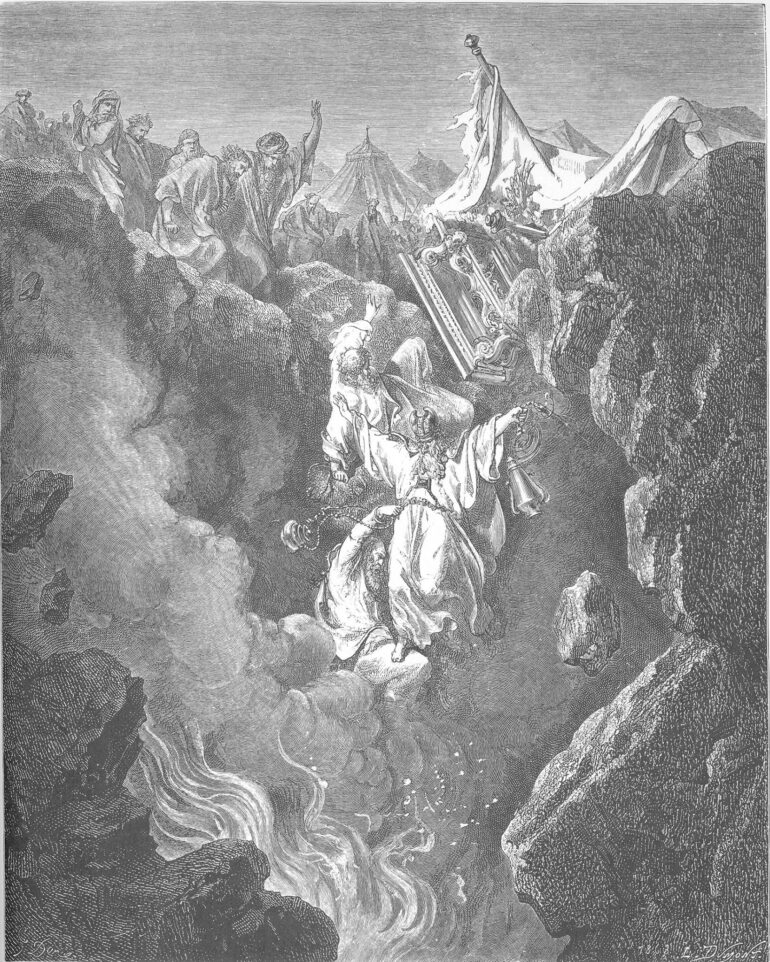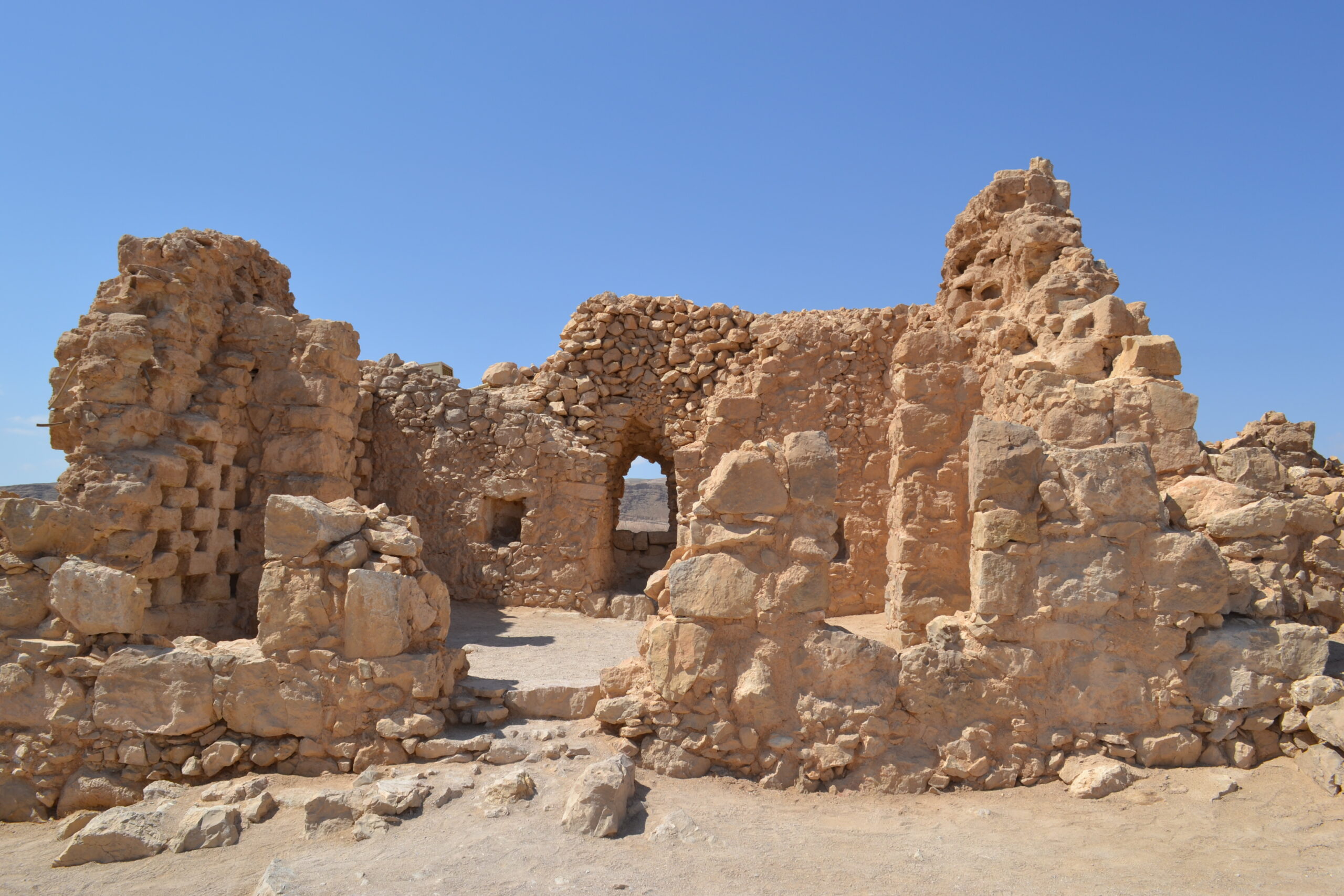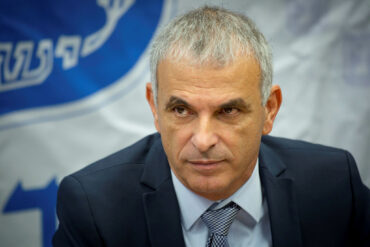“Koraḥ son of Yitzhar son of Kehat son of Levi separated himself, with Datan and Aviram, sons of Eliav, and Ohn son of Pellet, the offspring of Reuven. They stood before Moshe, leaders of the assembly, those summoned for meeting, men of renown. They gathered together against Moshe and against Aharon and said to them, ‘It is too much for you! For the entire assembly – all of them – are holy and HaShem is among them; why do you exalt yourselves over the congregation of HaShem?’” (Bamidbar 16:1-3)
Koraḥ – a highly respected Levi and cousin of Moshe – brazenly accused two of history’s greatest leaders of covetously assuming chief positions and elevating themselves above the children of Israel. In what appeared to be a gallant protest on behalf of the masses, Koraḥ portrayed the Kadosh Barukh Hu’s chosen shepherds as corrupt officials unworthy of their status.
But Koraḥ’s populist charade was impure. Equality does not necessitate uniformity and Koraḥ’s accusation that Moshe sought to create a hierarchal system to benefit his family over others ignores the distinct roles and functions within Am Yisrael. Any worthy examination of the special tasks within Israel necessitates starting not from the branches but from the actual tree and its roots. Each of us is a unique expression of the collective Israeli soul – Knesset Yisrael – that shines into our world through millions of Jews in space and time, each with a distinctive function within the context of our historic mission.
Rather than debate the actual roles and tasks of different tribes, it is important to first understand what Israel is, as well as our unique historic mission.
Our equality does not result from being created identical but rather from the fact that we each have equally crucial functions and important roles to play as part of the greater Hebrew mission. Tribesmen of Yehuda cannot be priests and kohanim cannot be kings. Disastrous consequences resulted from King Uzziah burning the k’toret in the Temple and the Hasmonean priests usurping the throne. Not because one role is superior to the other but because every unique part of the Israeli collective must serve the function he or she was Divinely created for.
A healthy attitude fosters the realization that we are each uniquely fashioned for a very specific purpose and one who tries to negate his or her unique function in an effort to usurp the roles of others will ultimately only miss out on the experience of fully expressing his or her true inner essence.
Koraḥ’s core argument against the sons of Amram would normally be correct. All of Israel is holy and it is wrong for one family to centralize power in its own hands. But in this specific case, HaShem had Divinely selected Moshe and Aharon for their tasks and by rejecting this selection, Koraḥ was rebelling against the Creator. And while it is true that all the children of Israel possess a unique inner kedusha, that holiness only practically exists in potential until activated and properly expressed.
By posing as a champion of the people, Koraḥ endeavored to incite a mutiny meant to advance himself to power in place of Moshe. And worse – by rejecting the Divine selection of Moshe and Aharon, Koraḥ was in fact rejecting the Torah.
Koraḥ was accompanied in his attempted coup d’état by a number of esteemed national leaders, securing for his campaign a stamp of legitimacy. One of his followers, however, appears conspicuously absent from the narrative following his initial introduction.
Ohn son of Pellet had been one of the original leaders of the attempted mutiny yet he is not mentioned in the later confrontations or in the consequences that follow.
The sages teach (Sanhedrin 109b) that Ohn’s righteous wife successfully persuaded her husband to withdraw from Koraḥ’s group. She said, “What do you have to gain from this? Even if Koraḥ is successful, he will be the High Priest and you will serve him as you currently serve Moshe and Aharon.”
She then prevented Koraḥ from coaxing her husband back into the feud by sitting with her head uncovered outside her family tent. As a Hebrew man, Koraḥ would not permit himself to see a married woman’s hair and, as a result, gave up on the idea of recruiting Ohn back into his inner circle. Due to her wise intervention and willingness to publicly shame herself by exposing her naked hair, Ohn’s wife saved her husband from harm and protected her family from terrible catastrophe.
That we do not even know the name of Ohn’s wife is itself a great testament to her modesty and complete identification with the Hebrew collective. Throughout our history, women have often been the source of Israel’s true inner strength. While the spotlight in Scripture generally shines on male figures, many of these heroes are only able to achieve greatness due to the loyal support and self-sacrifice of their wives. Daughters of Israel, who modestly work behind the scenes as silent partners to their husbands, often shy away from honor while providing support and encouragement from the home – where they serve the crucial function of inculcating the next generation with the values of Israel’s Torah.
The story of Ohn is a perfect example of a man whose righteous wife was able to think clearly and take decisive action for the sake of her family and the entire Hebrew nation.
Unlike Koraḥ’s wife, whose endless belittling of her husband had actually provoked his seditious behavior in the first place, Ohn’s wife heroically brought her husband back from the brink of self-destruction. With a wisdom and determination so typical of Hebrew women, she succeeded in keeping Ohn away from meaningless conflict while building a strong Torah home on the foundations of HaShem’s Truth.





